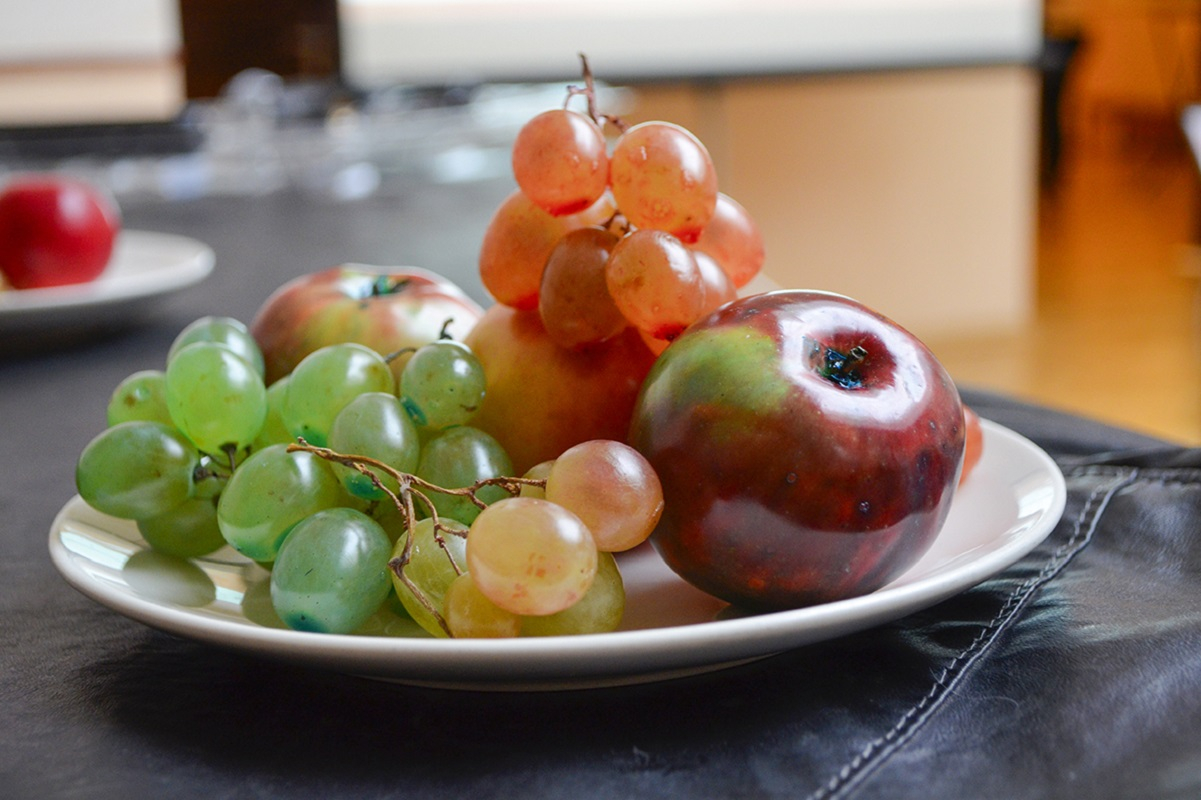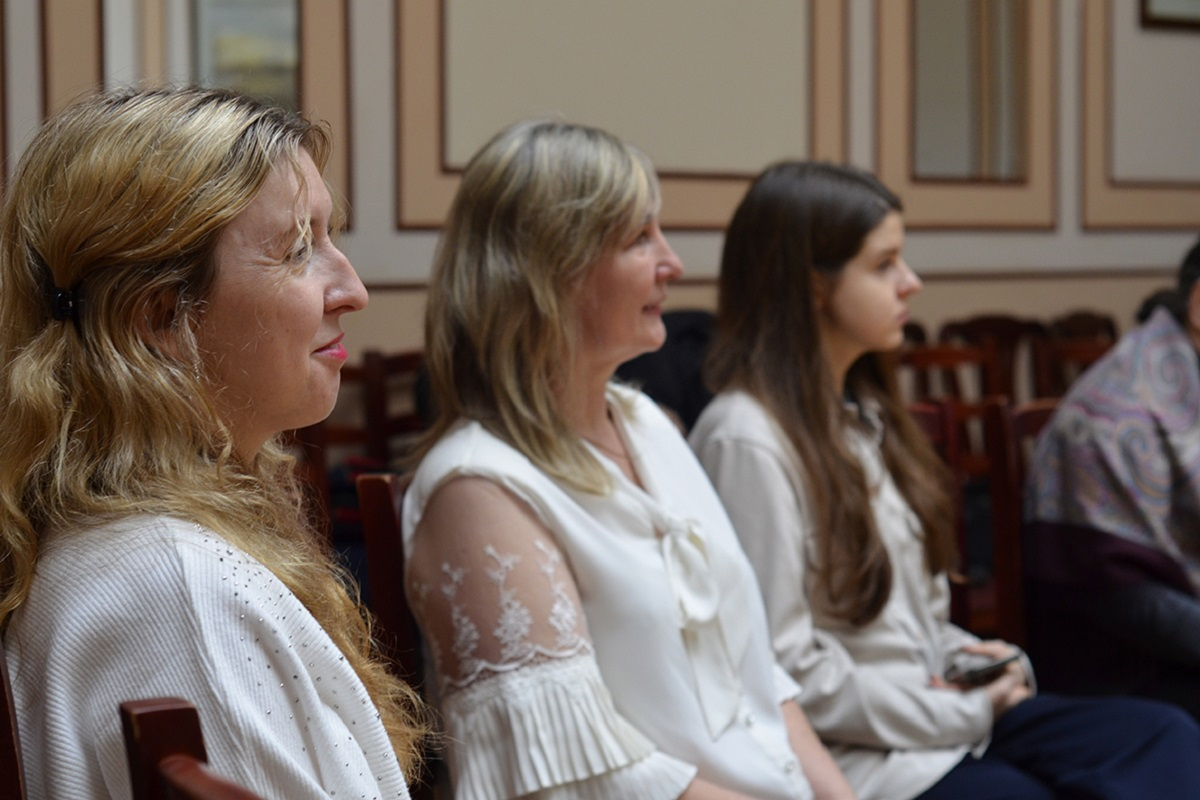Chemists from St Petersburg University develop edible coatings for food packaging
Scientists from St Petersburg University have developed innovative coatings for vegetables and fruits made from chitosan and gelatine to prevent them from quick deterioration. The innovative coatings can be easily removed from fruit by washing and eaten along with the food without any harmful effects. The scientists presented their development at the University’s science lunch.
When transporting vegetables, fruits, meat, and other products of animal and plant origin, they are often coated with various substances to increase their shelf life, prevent deterioration and to beautifully display them for sale. For example, fruits, e.g. apples, citrus fruits, and melons to name just a few, are usually coated with food wax, which helps retain moisture, delay the ripening process of fruits, and extend their shelf life.
In addition to wax, the coatings encompass a range of substances. Among other materials used in food packaging are nitrogen gas, ethylene, fungicides, preservatives, or antibacterial agents. Although these substances do not cause direct harm, they can change the product’s texture, appearance, or taste.
The scientists from St Petersburg University have proposed a polymer coating to preserve the quality of a product during storage and transportation. It has gas permeability, water vapour permeability, antibacterial properties and other important properties. This coating does not affect the taste of the product and can be washed off with water.
We have created a thin polymer coating of gelatine from chitosan, which contribute to the preservation of food’s properties without changing taste, smell and texture. The components of the coating are natural polymers, i.e. polymers of natural origin. Chitosan is a natural biopolymer obtained from the bones of crustaceans, and gelatine is well known to everyone, it is widely used in cooking.
Mayya Uspenskaya, Chief Research Associate in the Laboratory of Biohybrid Technologies at St Petersburg University, Professor of the University
Chitosan is a non-toxic, biocompatible component and shows a wide range of biological activities, including antimicrobial. Chitosan is considered to be a bactericidal, and its mixture with gelatine provides the necessary performance characteristics. An experimental coating was made by mixing the components. Products are dipped into the solution, after which they are dried for several hours in a laboratory dryer. The technology is adapted for industrial production, where industrial vacuum dryers can reduce production time.
According to Lidiia Aleksandrova, a doctoral student at the Laboratory of Biohybrid Technologies at St Petersburg University, the technology of edible coating production can be adapted for other products if necessary.
Another research team at St Petersburg University, led by Professor Anastasia Penkova, previously created edible coatings with carrageenan and starch.
The research team of Professor Mayya Uspenskaya, as part of a team of St Petersburg scientists, developed hydrogel material for wound healing. It is highly biocompatible and has antiviral and antitumor properties.





